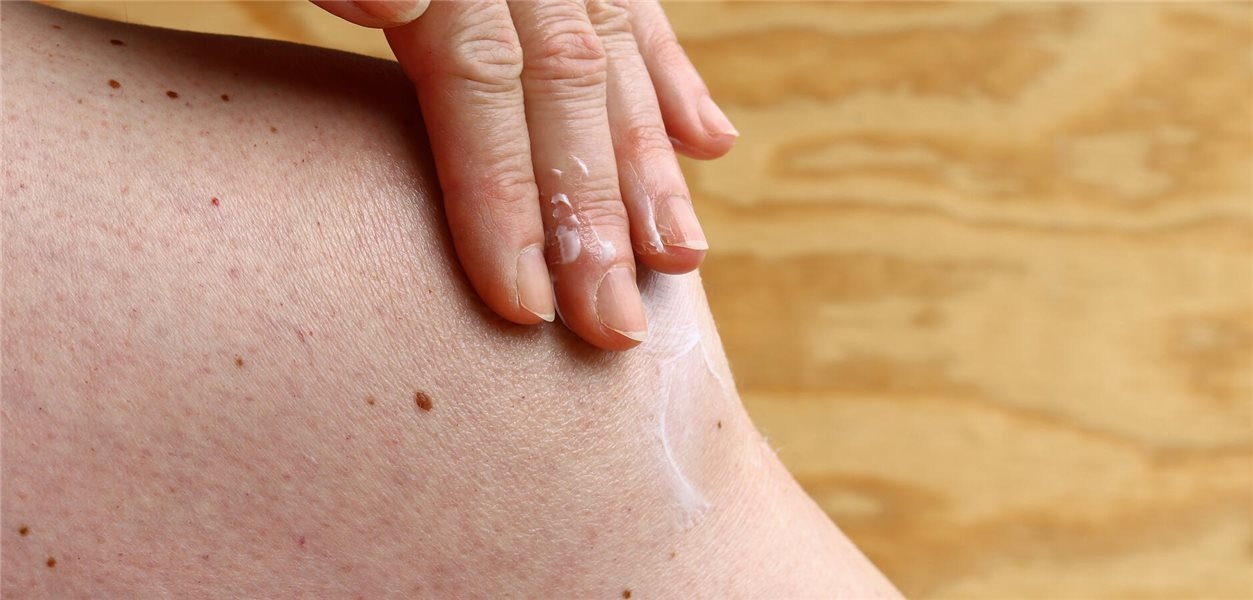Scientists have reversed Alzheimer's disease in mice using groundbreaking nanotechnology.


Researchers have completely reversed Alzheimer's symptoms in mice using tiny nanoparticles. The method is considered revolutionary, but it will likely be some time before the first human trials begin.
An international group of scientists has reversed Alzheimer's disease in animal experiments for the first time. As reported by the Swiss science platform " ScienceDaily ," researchers from the Institute for Bioengineering of Catalonia (IBEC), together with West China Hospital Sichuan University, developed nanoparticles that repair damaged blood vessels in the brain and restore the natural removal of harmful proteins.
As a result, both memory loss and typical Alzheimer's symptoms disappeared in the treated mice.
Unlike previous therapies, the novel particles do not transport drugs, but act themselves as a kind of "molecular cure". According to the researchers, they repair the so-called blood-brain barrier – a key protective barrier that is damaged in Alzheimer's disease.
Just one hour after the injection, the amount of harmful amyloid-β protein in the brains of the test animals decreased by up to 60 percent, Junyang Chen of West China Hospital told "ScienceDaily".

In long-term experiments, the animals recovered completely: After six months, the previously sick mice behaved like healthy mice. The researchers attribute this effect to the fact that the nanoparticles regenerated the blood vessels in such a way that the brain could once again independently remove toxins.
Lead researcher Lorena Ruiz Pérez from IBEC speaks of a "revolutionary step" in the treatment of neurodegenerative diseases. The procedure shows that the brain can heal itself when its natural barrier is restored.
According to "ScienceDaily", the team now wants to test whether the method can also be safely used in humans – however, no clinical studies exist so far, meaning that the path to a possible therapy in humans is still years away.
While researchers are working on groundbreaking Alzheimer's therapies using nanotechnology, people can already take action themselves. A neurologist from Leipzig demonstrates how early warning signs of dementia can be detected with a simple test at home.
Neurologist Dorothee Saur from Leipzig University Hospital has developed a short test that can reveal early signs of dementia. The mini-test takes only a few minutes, should be performed by two people – and does not replace a medical diagnosis.
These seven questions help to identify potential memory problems early on:
- Remember the three words lemon , hammer , blue .
- Subtract 7 from 100 each time – a total of five times.
- What date is it today?
- Repeat the numbers 1609 , 21538 and 349267 .
- Repeat the following numbers backwards : 148 , 2903 , 32517 .
- Name the three terms from the beginning of the test.
- Draw a clock with all the numbers on a piece of paper and set a specific time.
If several tasks are unsuccessful or the clock is drawn incorrectly, this could indicate memory or orientation problems. A medical evaluation is then recommended.
FOCUS






